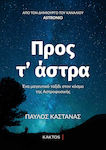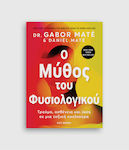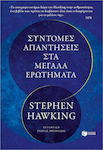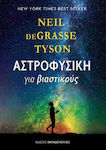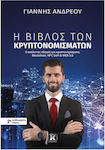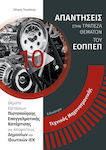In this work, the reader has the opportunity to study and reflect on how the practice of representative democracy oscillates between the democratic and oligarchic elements of its establishment and how the people are constantly faced with its inherent contradictions.
The conclusions of the study appear rather pessimistic: in the 21st century, the Greek Democracy excludes from its realization endeavor the immigrants, the "foreigners," those who significantly contribute to its development and prosperity but do not have the sacred blood of its ancestors. At the same time, it accepts that the pursuit of equality and social dignity within its territory is the responsibility of those who, by their origin, bear the immutable, essential identity of the Greek, wherever they may be, regardless of their distance from the country's political and social life.
Nevertheless, the study suggests taking the principle of popular sovereignty seriously and explores proposals to overcome the crises we are experiencing, which confront us with a real collapse, almost in the clinical sense of the term. Only a democracy of living beings could prevent our extinction. But the prerequisite for this is a democracy open to others and all others. That is why the book's phrase "Democracy and the Others" is essential, as it opens the door to new continents that have not yet been explored.







